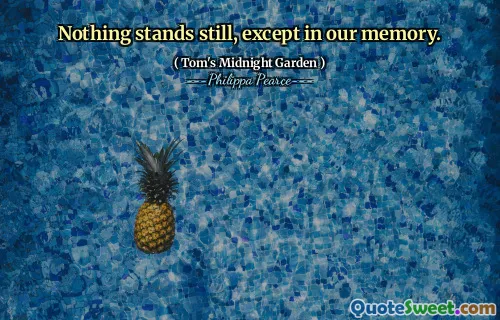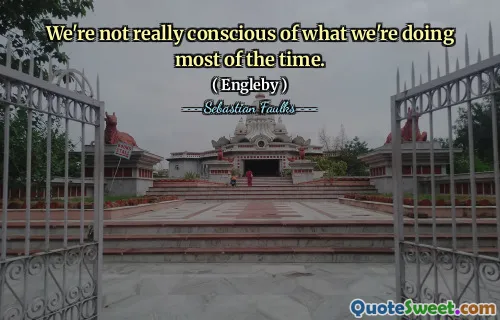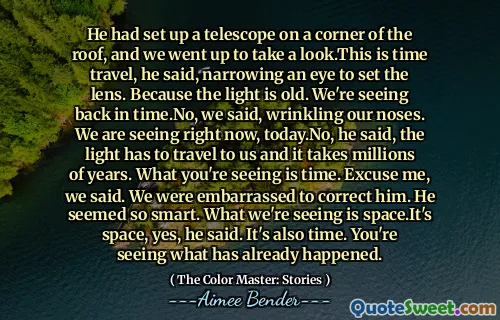Time interval is a strange and contradictory matter in the mind. It would be reasonable to suppose that a routine time or an eventless time would seem interminable. It should be so, but it is not. It is the dull eventless times that have no duration whatever. A time splashed with interest, wounded with tragedy, crevassed with joy - that's the time that seems long in the memory. And this is right when you think about it. Eventlessness has no posts to drape duration on. From nothing to nothing is no time at all.
In "East of Eden," John Steinbeck explores the concept of time, arguing that its perception is complex and often paradoxical. While one might expect that monotonous or uneventful periods would feel endlessly long, the opposite is often true. Dull moments, devoid of significant occurrences, do not mark the passage of time, leaving no memory or emotional connection to anchor it.
Conversely, experiences rich in emotion—whether joy or tragedy—are the ones that linger in our memories and make time feel expansive. Steinbeck suggests that meaningful events provide a framework that allows us to measure time, creating a sense of duration. Without these significant experiences, time feels non-existent, highlighting the importance of events in shaping our understanding of temporal passage.






